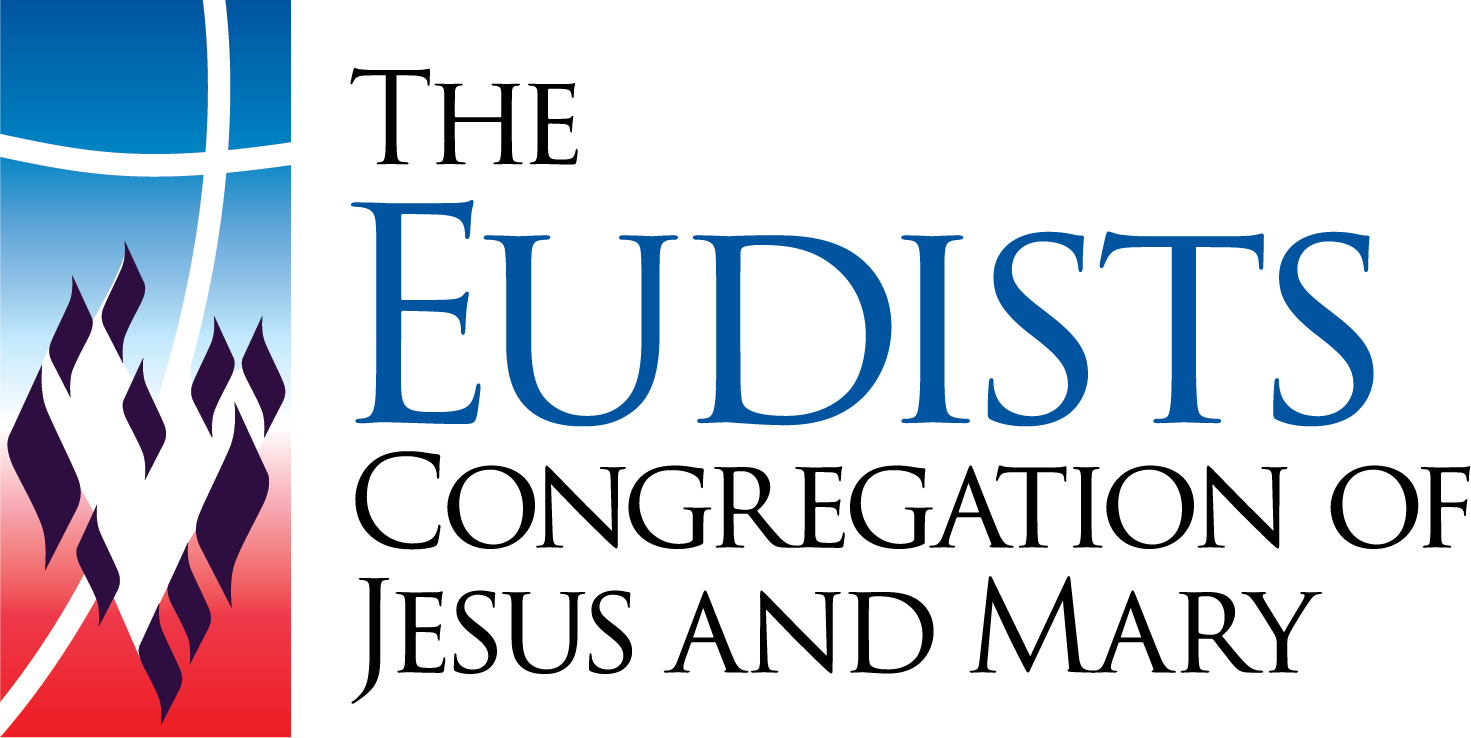Responding to God’s Call
Vocation is usually associated with the call to religious life or priesthood. But everyone by virtue of baptism, says St. John Eudes, is called to a life of holiness. Everyone is called by God to be active players in the covenant sealed by the blood of Christ.
Responding to God’s call to holiness or wholeness of life takes different forms depending on the gifts God has given each one, and the needs and signs of the times. Vocation is for all at personal and communal level.
At personal level, we are to respond to God with how we live our lives. The life we have is God’s gift to us, what we do with our lives is our own humble gift to the Lord. Basically the personal response may take any of the following forms:
Marriage: where you may decide to live your life in Christ through a loving relationship with the girl in a committed, Christian way, and later on with the family you will raise with her.
Consecrated Life: where you may choose to give yourself to God in service to others by being a priest, a religious brother, or a consecrated lay man. Those who opt to become a priest will need to discern whether he is call to be a diocesan, religious or SAL* priest.
Single Blessedness: where you may decide to stay a single lay man, but committed nonetheless to God in your work and apostolate.
At communal level, it is our collective responsibility to help one another discern and live out our calling to God. You, as part of the community, have the privilege to ask help from the Church (concretely, your parish church or your campus ministry office, if you are a student in a catholic school or university) to discern and pursue your personal vocation. At the same time, you also have the responsibility to assist others to discern and pursue theirs. Promoting vocation awareness and charting our collective lives as People of God to respond in ways that is relevant to our time is everybody’s business.
* SAL: (Society of Apostolic Life) St. John Eudes founded a congregation that is both apostolic and fraternal. He wanted his priests to be holy because of their priesthood. Therefore, he did not give us vows beyond the promises of the ordinary priest. However, he wanted us to live in a community that supports our charism and mission. In today’s Church this is referred to as a Society of Apostolic Life.

